Search Results
Showing results 61 to 71 of 71
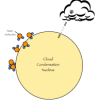
Do Cities Affect the Weather?
Source Institutions
In this activity, learners explore clouds and how they form.
Fossil Fuels: Facing the Issues
Source Institutions
Through doing these hands-on activities, learners explore the environmental consequences associated with fossil fuel usage.
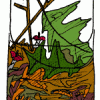
Decomposition Column
Source Institutions
In this activity, learners turn empty 2-liter bottles into a see-through compost container.
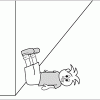
Space Stations: Measure Up!
Source Institutions
In this activity, learners work in pairs to measure each other's ankles with lengths of string.
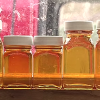
Delicious Smelling Chemistry
Source Institutions
In this activity, learners use household materials to investigate and explore their ability to smell an odor.
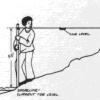
Beach Zonation
Source Institutions
In this outdoor, ocean-side activity, learners investigate the distribution of organisms in the upper region of the intertidal zone.
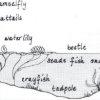
Habitats of the Pond
Source Institutions
In this outdoor activity/field trip, learners locate and study plants and animals in several freshwater pond habitats.
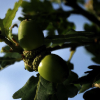
Seed Adaptations
Source Institutions
By participating in a seed scavenger hunt, learners examine many adaptations of seeds, including how many seeds a plant makes, how those seeds travel to new locations, and what protects them from pred

Is It Alive?
Source Institutions
What does it mean to be alive? Is a cactus alive? Is a seed alive? Is the air we breathe alive? What are the necessary characteristics?
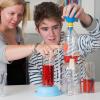
Have a Heart
Source Institutions
Your heart pumps blood throughout your body in one direction, around in a loop. In this activity, learners will make a model of one type of heart chamber called a ventricle.

Super Soil
Source Institutions
In this outdoor activity, learners make their own organic-rich soil. Depending on where this activity is done, learners will probably discover that their local soil is low in organic matter.
